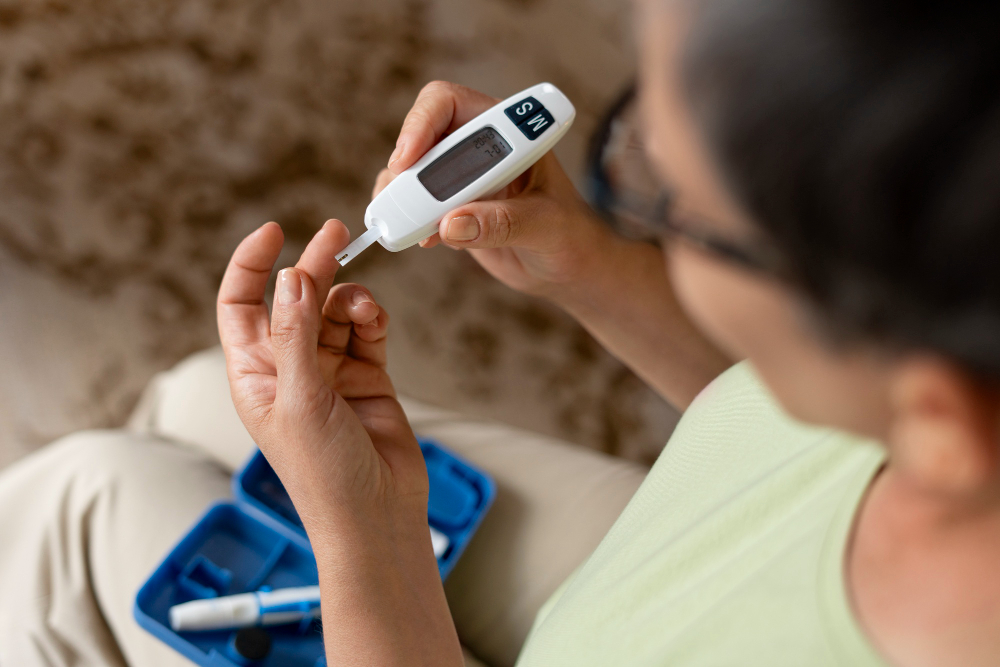What is a Diabetes Screening Test?
A diabetes screening test checks your blood sugar levels. It helps find out if you have diabetes or are at risk. Diabetes is a condition where your body cannot control blood sugar well. Early screening is important because it can catch problems before they get worse. If you know your risk early, you can take steps to stay healthy. The diabetes screening test is simple and safe. It is often done at a clinic or doctor’s office.
Who Should Get Screened?
Not everyone needs a diabetes screening test right away. However, some people have a higher risk. According to the CDC and WHO, you should get screened if you:
In the US, experts suggest screening every three years for adults over 35. If you have risk factors, you may need to start sooner. Children and teens with risk factors should also talk to their doctor about screening.
Types of Diabetes Screening Tests
There are several ways to test for diabetes. Each test checks your blood sugar in a different way. Common diabetes screening tests include:
Doctors choose the best test based on your health and risk factors. Many people ask, “How to test for diabetes at home?” While home kits exist, it is best to get tested by a healthcare provider for accurate results.
How to Prepare for a Diabetes Screening Test
Preparation depends on the type of test. For example, the fasting blood sugar test needs you to avoid food and drinks (except water) for at least 8 hours. Here are some tips to help you get ready:
If you are unsure about the steps, your healthcare provider can guide you. Always follow their advice for the best results.
What to Expect During the Test
Most diabetes screening tests are quick and simple. Usually, a nurse or technician will:
For the oral glucose tolerance test, you will drink a sweet liquid. Then, your blood will be drawn several times over a few hours. You may feel a small pinch during the blood draw, but it is not very painful. After the test, you can return to your normal activities.
Understanding Your Results
Once your results are ready, your doctor will explain what they mean. Here is what the numbers usually show:
If your test shows prediabetes or diabetes, your doctor will talk about next steps. Sometimes, you may need more tests to confirm the result. Early action can help prevent serious problems like heart disease, kidney issues, or vision loss.
Prevention and Next Steps
If your results are normal, keep up healthy habits. But if you have prediabetes or diabetes, you can still take steps to stay healthy. Here are some tips:
Early screening and healthy lifestyle choices can significantly impact your health. At KD Diagnostics, we help you understand your risk for diabetes and guide you on the next steps.
Consult our experts at KD Diagnostics to find out if a diabetes screening test is right for you!

